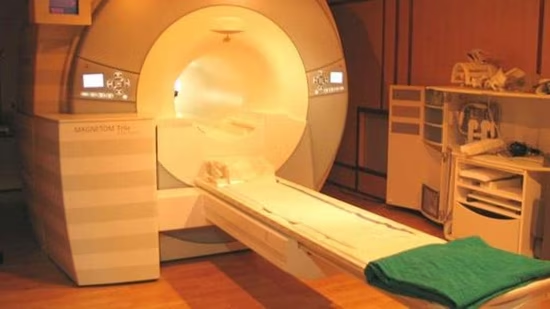29 august 2024 : Are full body checkups really lifesaving? Multiple celebrities endorse such full body scans and suggest their fans to go through it to find hidden diseases at an early stage to start treatment right away. Multiple clinics offer full body scans at affordable prices. However, how effective are they? In a recent study, led by Adam Taylor, Lancaster University, it was observed that MRI scans cannot detect most preventable diseases.
MRI scans cannot detect life-threatening conditions
Health conditions that are responsible for most number of deaths are heart diseases, high cholesterol, high blood pressure and diabetes. MRI scans are incapable of detecting these chronic conditions. Even though MRI scans can detect a few structural changes but cannot point out most of the symptoms.
What are incidentalomas?
MRI scans, often taken for other symptoms, may sometimes show up incidental findings – these findings are referred to as incidentalomas. In the recent study, 16,000 brain MRI scans of volunteers were studied to understand how MRI scans can show up incidental symptoms and findings.
Serious findings through MRI scans
The study observed that MRI scans can show up serious findings very less – 1.4% for the brain, 1.3% for the chest and 1.9% for the abdomen. There are tendencies of MRI scans showing false positives – symptoms and findings that look like diseases but aren’t. In case of breast conditions, per 1000 scans, at least 97 were false positives, while for prostate, per 100 scans, MRI showed 29 false positives.
MRI scans: Are they effective?
MRI full body scans are done by people to understand what is going on under the skin. However, this can lead to a series of expenses in figuring out the false positives and the benign cases. For common people, understanding the terminologies used in MRI scan reports is challenging to understand. Further, to know if the scans showed the right findings, people may need to go through more tests.

